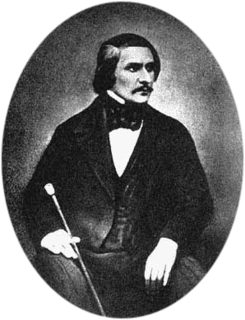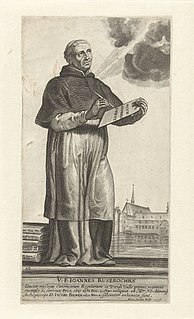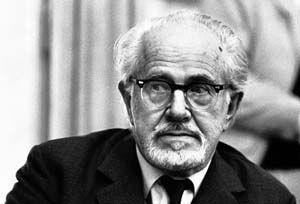A Quote by Janet Erskine Stuart
We can sanctify ourselves in common things. We must do so.
Related Quotes
Men live in a community in virtue of the things which they have in common; and communication is the way in which they come to possess things in common. What they must have in common in order to form a community or society are aims, beliefs, aspirations, knowledge - a common understanding - likemindedness as the sociologists say.
There are some things concerning which we must always be maladjusted if we are to be people of good will. We must never adjust ourselves to racial segregation. We must never adjust ourselves to religious bigotry. We must never adjust ourselves to economic conditions that take necessities from the many to give luxuries to the few.
We are in danger of forgetting that we cannot do what God does, and that God will not do what we can do. We cannot save ourselves nor sanctify ourselves, God does that; but God will not give us good habits, He will not give us character, He will not make us walk aright. We have to do all that ourselves.
Nature has poured forth all things for the common use of all men. And God has ordained that all things should be produced that there might be food in common for all, and that the earth should be in the common possession of all. Nature created common rights, but usurpation has transformed them into private rights.
One must shed the bad taste of wanting to agree with many. "Good" is no longer good when one's neighbor mouths it. And how should there be a "common good"! The term contradicts itself: whatever can be common always has little value. In the end it must be as it is and always has been: great things remain for the great, abysses for the profound, nuances and shudders for the refined, and, in brief, all that is rare for the rare.






































